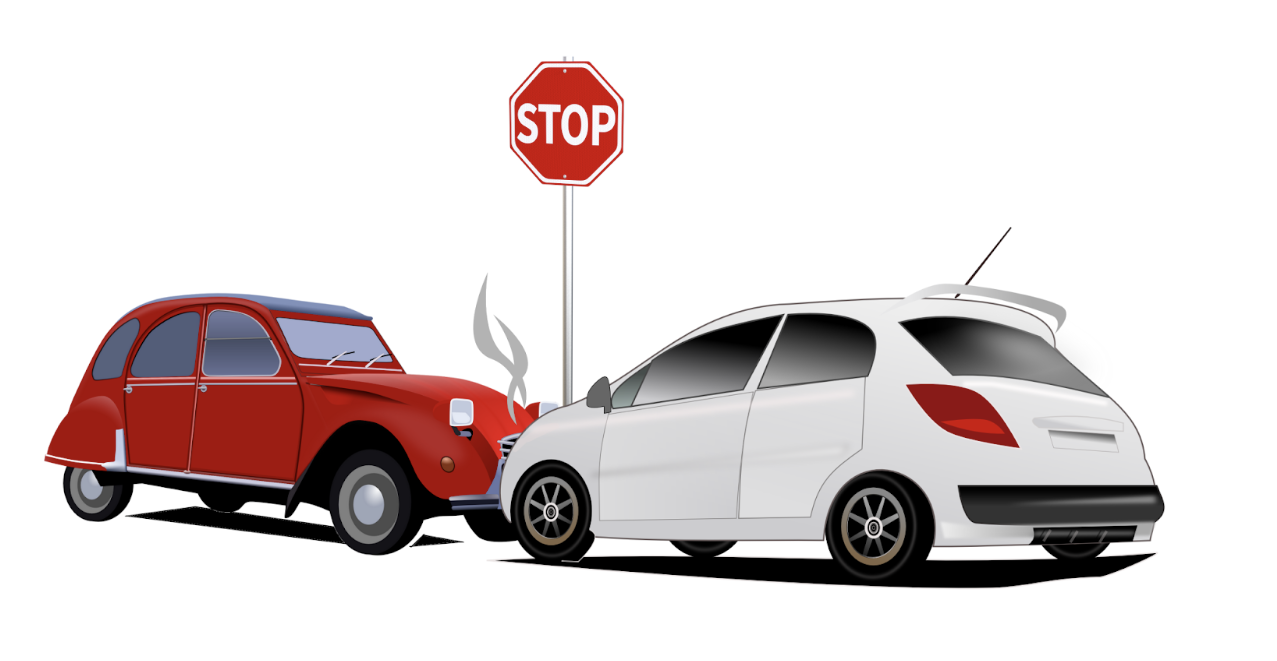The Do’s and Don’ts After a Car Accident: A Complete Guide
Car accidents can be stressful, whether they are minor fender-benders or more severe collisions. Knowing what steps to take immediately after an accident can make a significant difference in how you handle the situation. This guide covers the most important actions and mistakes to avoid to protect yourself and any potential claims.
Do: Stay Calm and Check for Injuries
The first and most important thing to do after a car accident is to remain calm. Emotions often run high, but staying level-headed helps you respond to the situation more effectively. Once you've composed yourself, check for injuries on yourself, passengers, and others involved in the accident. If anyone is hurt, call emergency services immediately. Avoid moving anyone who is seriously injured unless it's absolutely necessary for their safety.
If the injuries are severe, stay on the phone with emergency responders until help arrives. Your primary focus should be ensuring that everyone gets the medical attention they need.
Don’t: Leave the Scene
Never leave the scene of a car accident, no matter how minor it may seem. Leaving can result in legal consequences, such as hit-and-run charges. Even if there are no visible injuries or damage, exchange information with the other driver and document the situation properly. Call the police and wait for them to arrive, so an official report can be filed. This will be valuable if any disputes arise later regarding liability or damages.
Staying at the scene until everything is properly handled ensures that you comply with legal requirements and makes the entire process smoother for everyone involved.
Do: Seek Professional Help
After a car accident, you’ll likely need assistance from professionals to handle the aftermath. This includes medical professionals for injuries, insurance adjusters for claims, and legal experts if the accident leads to disputes or lawsuits.
If the accident is complex or involves significant damage or injuries, seeking legal advice can be beneficial. A car accident attorney from Malloy Law or another reputable firm can help you navigate the legal process, ensuring that your rights are protected. Legal counsel can be especially valuable if the other party is disputing fault or if you’re dealing with insurance companies reluctant to cover your damages.
Don’t: Admit Fault or Apologize
It’s natural to want to apologize, even when an accident isn’t your fault. However, admitting fault or making any statement that implies guilt can hurt your case later on. Even saying something as simple as "I'm sorry" can be used against you when determining liability.
Instead, stick to the facts when speaking to the other driver, the police, or your insurance company. Let the authorities and your insurance provider determine who is at fault based on the available evidence. Avoid speculating about what might have caused the accident or commenting on the other driver’s behavior.
Do: Gather Evidence and Document Everything
One of the most important steps after an accident is to gather as much evidence as possible. Take pictures of the damage to both vehicles, the surrounding area, skid marks, and any other relevant details. If there are witnesses, ask for their contact information, as their statements may support your version of events.
It’s also helpful to jot down your own notes about how the accident happened while the details are still fresh in your mind. Record important information like the time, location, weather conditions, and anything unusual that contributed to the accident. All of this documentation can be crucial for insurance claims and any potential legal action.
Don’t: Delay Reporting the Accident
Time is a critical factor when dealing with the aftermath of a car accident. Be sure to report the accident to your insurance company as soon as possible, even if it seems minor. Many insurance policies require prompt notification, and delaying this step can lead to complications with your claim.
When speaking to your insurance company, provide them with all the information and evidence you collected at the scene, but avoid giving any statements about fault. Simply relay the facts, and let the insurance adjuster do their job.
Handling the aftermath of a car accident can be challenging, but knowing what to do and what to avoid can make a big difference in how smoothly the process goes. By staying calm, gathering evidence, and seeking professional help when needed, you can protect yourself both physically and legally. On the other hand, avoiding actions like admitting fault or leaving the scene ensures that you stay within your legal rights. Keep these dos and don’ts in mind, and you’ll be better prepared if you ever find yourself in an unfortunate car accident.







